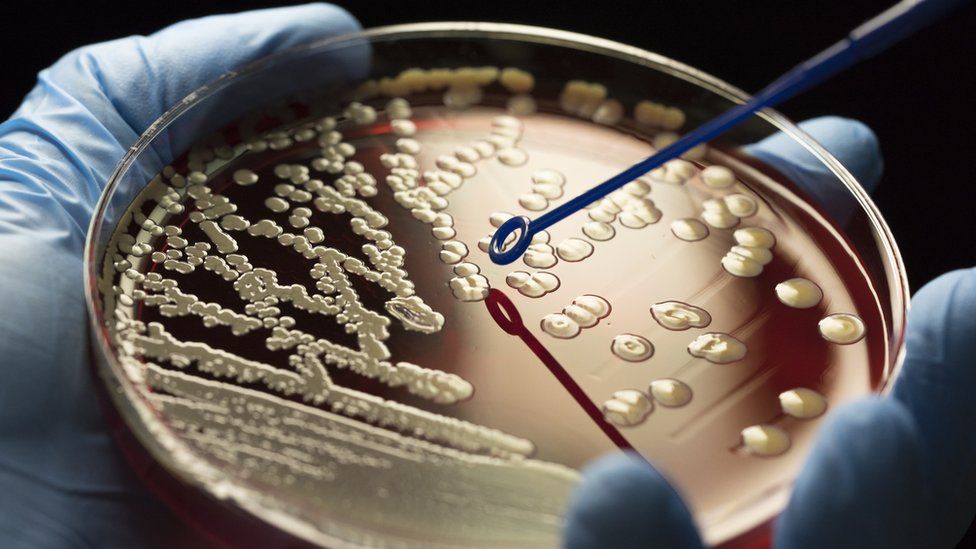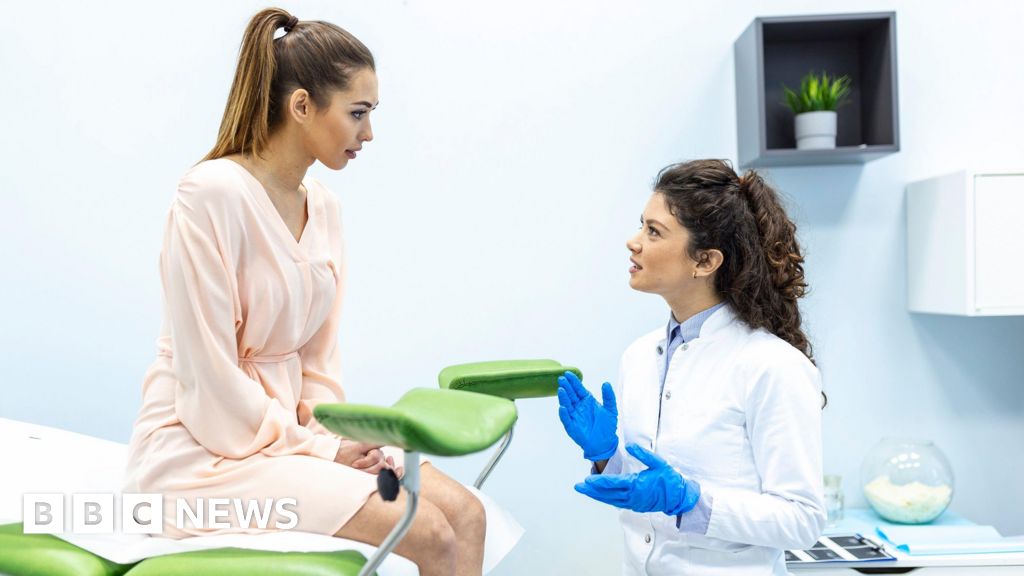ARTICLE AD BOX
 Image source, Getty Images
Image source, Getty Images
MRSA is one superbug the study will track in healthy people
Up to 2,000 people in England will be asked to submit samples of their poo so scientists can find out more about levels of superbugs in the population.
Health officials want to design better ways of tackling bacteria that no longer respond to medicines - known as antimicrobial resistance (AMR).
It kills thousands of people every year in the UK and over a million globally.
Using antibiotics for the wrong reasons has made the problem worse, experts say.
Bacteria are not all bad - the gut contains loads, they are often there for good reason and cause no harm.
But when dangerous bacteria reach parts of the body such as the urinary tract or lungs, or spread to others, they can cause major problems.
Overuse of antibiotics means bacteria can survive the treatment designed to eliminate them, making serious complications, such as bloodstream infections, sepsis and prolonged hospital stays, more likely.
"By understanding more about the burden of antimicrobial resistance in healthy people in the general population and the factors that mean someone is more likely to be carrying a resistant organism, we will be able to design better ways to tackle AMR in different populations," UK Health Security Agency AMR division deputy director Dr Russell Hope said.
A random selection of people from different parts of the country will be invited by post to send in stool samples, as well as nose or throat swab tests.
The bacteria being tracked include:
- carbapenem-producing enterobacteriaceae (CPE)
- extended-spectrum beta lactamase (ESBLs)
- methicillin-resistant staphylococcus aureus (MRSA)
And researchers will study the impact of factors such as age, sex, ethnicity and location.
Dr Hope said everyone could help cut antibiotic resistance by taking the medicines only as prescribed and never sharing them.
"Taking antibiotics when you don't need them puts you and your loved ones at risk of having an untreatable infection in future," he said.
They should only be used to treat bacterial infections such as sepsis, meningitis or pneumonia, although they can also help prevent infection during chemotherapy, Caesarean sections and other common surgeries.
But they are sometimes prescribed to treat coughs, earache and sore throats, on which they have little or no effect.
As part of the government's strategy to reduce antimicrobial resistance, it wants to cut:
- the number of specific drug-resistant infections in people by 10% by 2025
- the use of antibiotics in humans by 15% by 2024 - and also in food-producing animals
And on Friday, MPs will question leading medical and health bodies about phages - "good" viruses that can target and kill harmful bacteria.

 1 year ago
60
1 year ago
60








 English (US) ·
English (US) ·